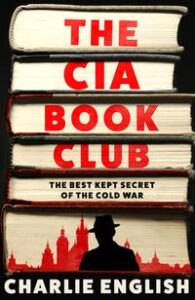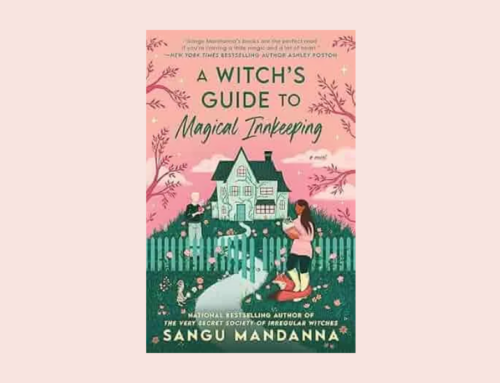In Memoriam: Derk Sauer
On July 31, 2025, we heard that Derk Sauer, founder of The Moscow Times, died. This brought memories of our participation in the 1997 Moscow Book Fair (read our blog post about it here). We ran a small ad in The Moscow Times announcing that the American Book Center would be exhibiting there, and we were inundated by curious readers. In fact, we sold out the entire pop-up shop!
At that time in Moscow, protection money was being demanded from the local video rental store, the sandwich shop, everyone. In the entrances to the metro stations, old ladies in headscarves sold little bunches of violets next to past-date copies of Cosmopolitan magazine, sometimes even Playboy. This was direct evidence of Sauer’s and friends’ import endeavors into what had been a very closed society. His columns in Het Parool newspaper (the old underground paper of the Dutch during WW2) were always worthwhile, filled with insider knowledge of Russian politics and events. He is respected and will be missed.
Now on to this week’s book review featuring other book heroes…
Lynn Kaplanian-Buller
For almost five decades after the Second World War, Europe was divided by the longest and most heavily guarded border on earth. The Iron Curtain, a near-impenetrable barrier of wire and wall, tank traps, minefields, watchtowers and men with dogs, stretched for 4,300 miles from the Arctic to the Black Sea. No physical combat would take place along this frontier: the risk of nuclear annihilation was too high for that. Instead, the conflict would be fought in the psychological sphere. It was a battle for hearts, minds, and intellects.
No one understood this more clearly than George Minden, the head of a covert intelligence operation known as the ‘CIA books programme’, which aimed to win the Cold War with literature.
by Lynn
“One Tuesday evening in March 1980, they came to arrest the publisher Miloslaw Chojecki for the forty-third time.” From this gripping opening sentence to the final analytic pages, this biography of the underground press movement that provided nearly 10 million books and regular newsletters to readers in Poland reveals a great secret.
Under Communist Party suppression during the 1980’s, a secret network of readers, writers, typists, printers, and carriers fed the hearts and minds of Poles increasingly critical of the proscribed way of thinking. Copies of 1984 by George Orwell and Polish poetry critical of the state were circulated in Flying Libraries, where books were read overnight and passed on from hand to hand by a conspiracy of coordinators. The system was so popular that the original library of 500 donated titles was soon insufficient. With all means of printing closely registered and monitored by the state, growth would have to come from abroad.
That demand for fresh ideas was greater than the means to share them meant that besides hiding books in babies’ nappies and typewriters, small printing presses were soon being smuggled into Poland by inventive means—in specially built secret compartments in trucks and in suitcases hidden above toilet ceiling tiles in trans-European trains. This book documents this process and its positive ending in 1989.
Each chapter starts with a quote from an author promoted by the CIA, often unbeknownst to them or their publishers. The CIA intelligence program spanned decades and was meant as an “offensive of free, honest thinking,” according to director George Minden.
Content varied from glossy magazines and the New York Review of Books to works by Soviet or East European writers, translated and printed outside of Poland and smuggled back in. The founder of the Flying Library didn’t know for sure who was paying for the literature she received, but responded to rumors by saying, “Wow, a secret service supporting books. That’s fantastic!”
When the labor unions in the shipyards threatened a general strike, the Polish premier was pressured by Russia to squash the Solidarity movement, and in December 1980, martial law was imposed in Poland. From that day until elections in 1989, the crackdown was brutal, which had the effect of strengthening and growing underground opposition. The network was so strong, that when it won 99 of the 100 senate seats in the newly-formed congressional body, there were actually people in place to carry out new public policy.
Here’s a quote from chapter three:
“In their pockets they carry the constitution, penal codes, the texts of international human rights pacts and the poems of great poets. They read banned books and want to learn as much as possible about the world…. From unevangelized, blind hatchlings, lost in a hypocritical reality, grows a resilient and truly ideological cadre of fighters for truth and freedom.” – Marian Brandys, My Adventures with History
And another memorable quote:
“The importance of the press cannot be overemphasized,’ he said. “The printing presses we got from the West during martial law might be compared to machine guns or tanks during war.” – Wiktor Kulerski, who played an important part in the Warsaw Underground
In this current time and place in history, where I often read to try to forget what’s going on, this book reminded me of the importance of literature, poetry and history: by empowering the curious and courageous under suppression, they actually save lives.





